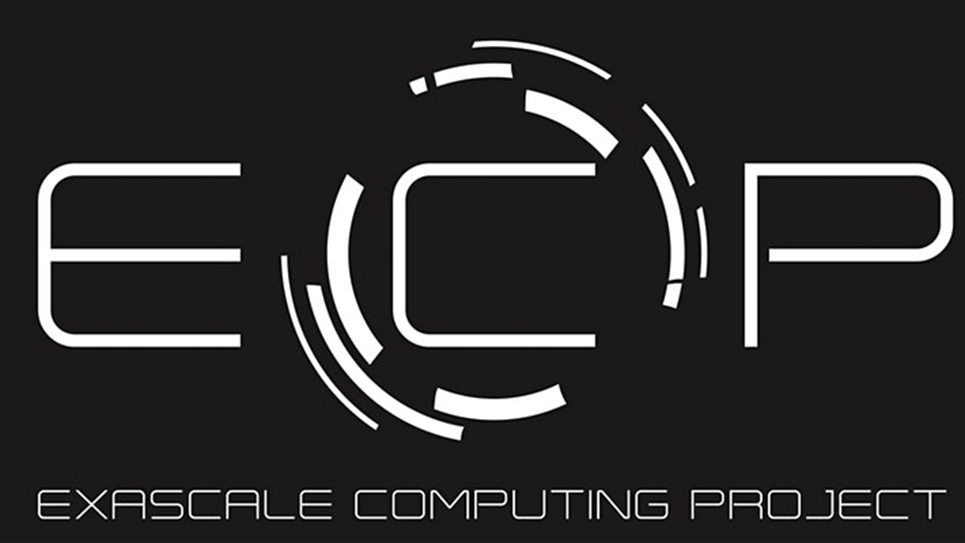
Automated Fortran–C++ Bindings for Large-Scale Scientific Applications
Automated Fortran–C++ Bindings for Large-Scale Scientific Applications
The IDEAS Productivity project, in partnership with the DOE Computing Facilities of the ALCF, OLCF, and NERSC and the DOE Exascale Computing Project (ECP) has resumed the webinar series on Best Practices for HPC Software Developers, which we began in 2016.
As part of this series, we offer one-hour webinars on topics in scientific software development and high-performance computing, approximately once a month. The May webinar is titled Automated Fortran–C++ Bindings for Large-Scale Scientific Applications, and will be presented by Seth Johnson (Oak Ridge National Laboratory). The webinar will take place on Wednesday, May 12, 2021 at 12:00 pm CT.
Abstract:
Although many active scientific codes use modern Fortran, most contemporary scientific software libraries are implemented in C and C++. Providing their numerical, algorithmic, or data management features to Fortran codes requires writing and maintaining substantial amounts of glue code. In the same vein, some projects are actively moving key kernels from Fortran toward C++ to support performance portability models and other rapidly-developing, dynamic programming paradigms. How can a project smoothly connect existing Fortran code to new internal C++ kernels or external C++ libraries? The webinar will introduce SWIG-Fortran, which provides a solution with a wide range of flexibility, including support for performant data transfers, MPI support, and direct translation of C++ features to Fortran interfaces.